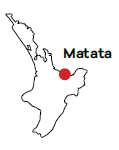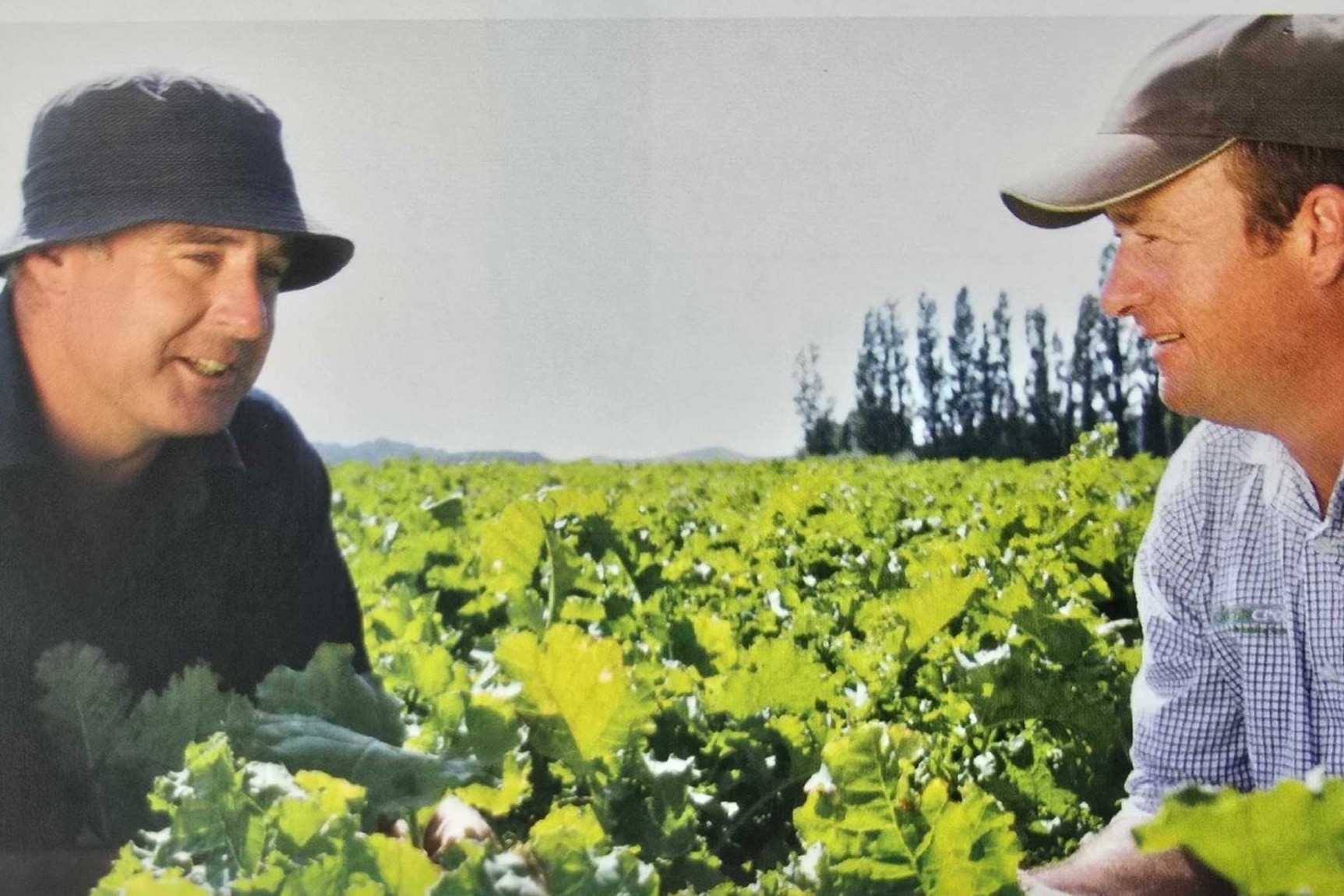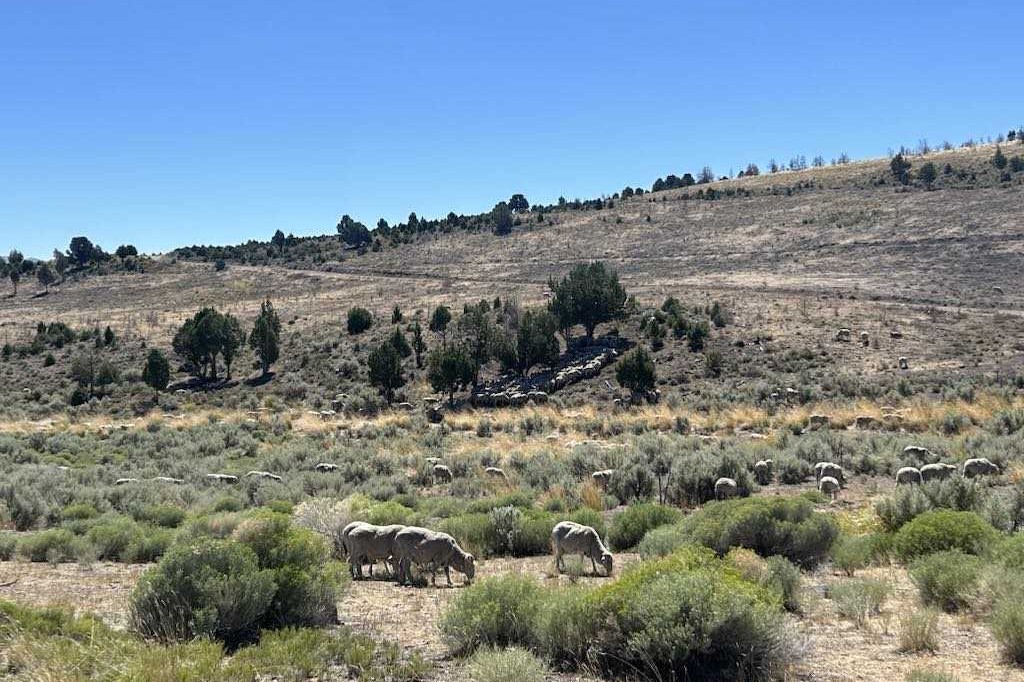Hard to get a job from a poor man
Rather than focus on money, NZ should be focusing on education to resolve society’s ills, Paul Burt writes.

 TO ALL THOSE FARMERS and growers feeling put upon and undervalued, consider for a moment the gift that your profession has given humanity. By providing food in quantity you have given the bulk of the population time to indulge in other lives.
TO ALL THOSE FARMERS and growers feeling put upon and undervalued, consider for a moment the gift that your profession has given humanity. By providing food in quantity you have given the bulk of the population time to indulge in other lives.
For the majority of our time on earth, humans have had to spend their waking hours struggling to find enough nourishment to survive and many didn’t. Modern agriculture changed that and most people take for granted that as long as they have cash in hand there will be food available in exchange. This situation gives them time to pursue other careers, further their education, live in cities, form institutions, indulge in culture and leisure, even have holidays. This process is the rise of modern civilisation and food security is at its heart. But, this enlightened way of living is starting to nibble at the hand that feeds it.
Generally, people who work the land are practical, sum it up, get it done sort of people. If we didn’t have the ability to prioritise we wouldn’t survive because the nature of our business is compromise. Food cannot be produced without affecting the environment but mitigating those effects should not be solely the producers cost.
 This point might be easier to get across if hunger was once again to become a normal part of our lives. Or, we had the leverage of operating in the same “cost plus” paradise as oil companies do.
This point might be easier to get across if hunger was once again to become a normal part of our lives. Or, we had the leverage of operating in the same “cost plus” paradise as oil companies do.
Start with education
A disturbing statistic was published in March this year. An opinion poll asked voters what their most pressing issues were.
Fifty percent said the cost of living, 14% said the climate crisis, 12% cited the ailing health system and 4% were worried about our degraded education system. If we trust the figures, it’s alarming as to why education is not at the top of the list.
Empowering individuals with education is the start to breaking the cycles that plague welfare, law and order and low productivity. The misconception from those who control the nations’ budgets is that money in ever increasing amounts is the cure all. There is plenty of evidence to show that money without competent management only grows the problem. Most public projects are surrounded in so much theory, regulation and analysis there are not enough resources left to implement meaningful change. Perhaps that is why SMEs (Farms included) are usually productive and successful. Money is often tight and cunning plans have to be developed to achieve the desired outcome in the most efficient way. But results are tangible and systems can be seen to be working, or not. Paperwork is minimised and wastage is recognised. Outcomes are monitored and dead ends (I believe they are now termed rabbit holes ) are quickly sealed. The hours are long, there is skin in the game and failure is personal.
These people who I’ve grown up amongst, worked with and whose company I’ve enjoyed all these years seem to have a wider perspective than many trapped in the 9 to 5 world. In the country you rarely detect envy of other peoples’ lifestyles.
There is very little “old money” in New Zealand and anyone who has operated a business (including the failed ones) appreciates the skill, effort and sacrifice required to attain that much talked about “wealthy” status. If, as a society we don’t start accepting the restraints of compromise and priority there will be no surpluses to benefit the underprivileged. The go-getters will go somewhere else and it’s hard to get a job from a poor man.




